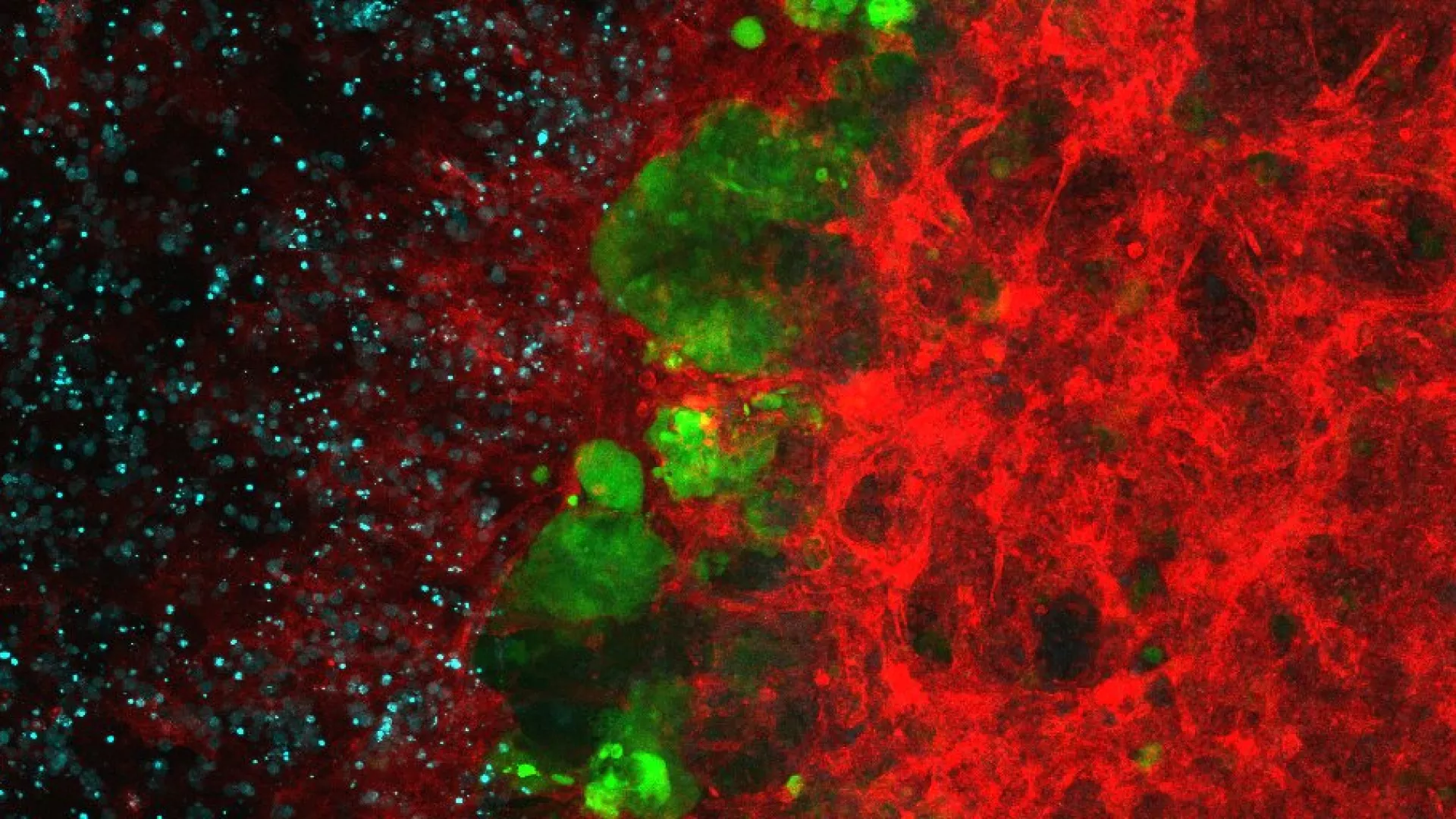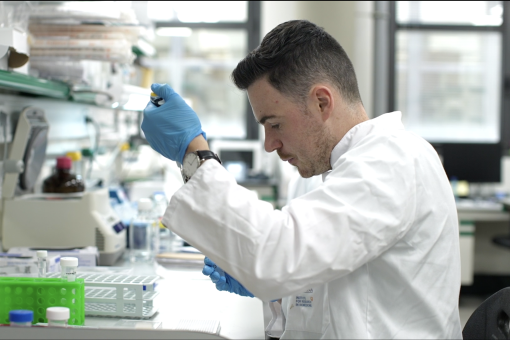
ICREA Research Professor, ERC Starting Grant



Research information
Background
Metastatic-initiating cells show different metabolic requirements than primary tumour driving cells. Fatty acid metabolism, and in particular that derived from palmitic acid, has been found to promote metastasis in a large number of human tumours. Interestingly, a strong fatty acid metabolism not only facilitates the expansion of the metastatic tumour cells, but also leads to a weakening of the immune system in the host's body. However, how local and systemic fatty acid metabolism modulate metastatic progression and immune activities is still largely not well understood.
From a clinical standpoint, these discoveries hold significant therapeutic promise, as they indicate new approaches to combat metastatic tumours by obstructing their energy source and the immune cells that attack them.
Research interests
The lab will focus on local and systemic metabolic reprogramming initially in triple-negative breast cancer, but also other types of metastatic tumours, such as oral squamous cell carcinomas. We will use state-of-the-art mouse models, patient samples and an array of high-throughput and computational assays. The research will focus on determining which discoveries could be followed up for translation to the clinic and ensure the feasibility of a clinical diagnostic tool in a real-life setting.
Research lines
- Defining the metabolic alterations of metastatic cancer.
- Determining how metastatic tumors alter systemic metabolism in the patient.
- Studying how local and systemic metabolic reprogramming alters anti-tumor immune activity.
- Targeting immune metabolic pathways as potentially new methods of immunotherapy.
Selected publications
Policies
Stem Cells and Cancer, IRB Barcelona
Breast Cancer Group, VHIO









